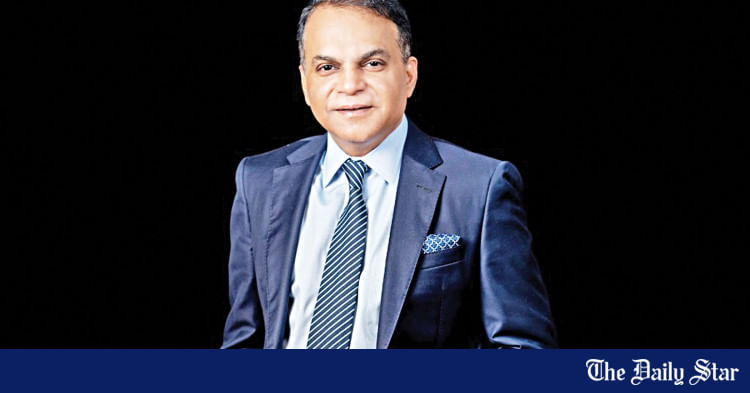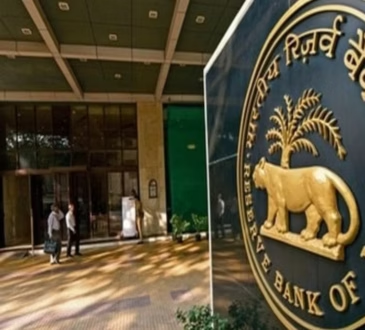
Bangladesh has achieved remarkable progress over recent decades, driven by exports, remittances and a dynamic private sector. Yet in a world of growing volatility from geopolitical shifts, energy price shocks and currency swings, resilience alone is no longer enough. Safeguarding our economic stability must begin with how we manage foreign exchange reserves.
By mid-2025, Bangladesh held about $31 billion in gross reserves, equal to roughly three months of import cover. On paper, this may seem adequate, but for an import-dependent country, it is a slim margin. With 85 percent of our fuel, most industrial machinery and a large share of food staples sourced from abroad, even a brief external shock could stretch our economic defences.
Two policy priorities stand out: increasing gold reserves and diversifying the currency composition of our foreign exchange holdings.
Gold has long served as a store of value in uncertain times. Yet, Bangladesh holds only 14.3 tonnes, or about 7 percent of total reserves. This is far below many peers. Turkey, for example, holds over 500 tonnes, about 30 percent of its reserves. During periods of lira volatility, this gold buffer helped the Turkish central bank avert deeper crises.
Global trends strengthen the case for a higher gold allocation. In 2023, central banks bought more than 1,000 tonnes of gold, a record high. China, Russia and India have all expanded their holdings amid shifting financial dynamics and concerns about dollar dependence.
History shows gold outperforming most fiat currencies. In 1990, it was about $400 an ounce. Today, it is close to $3,753, an almost ninefold rise. Over the same period, the US dollar lost nearly half its purchasing power. With US debt projected to exceed 130 percent of GDP by 2030, doubts about long-term dollar strength are mounting.
Raising Bangladesh’s gold share to 15 percent of reserves would offer a dependable hedge against currency depreciation, oil price spikes and global uncertainty. It would also signal prudence to international markets.
A second concern is our reliance on the US dollar in trade and reserves. In FY2024, China was our top import source with 27 percent of total imports, the EU followed with 20 percent and the Middle East, mainly fuel, with 18 percent. Yet most of these transactions are still invoiced and settled in dollars, imposing hidden costs.
Using dollars for non-dollar trade exposes us to conversion charges, exchange-rate volatility and overdependence on one currency. Moving to direct settlements in yuan, euro, or other partner currencies could save Bangladesh hundreds of millions of dollars each year — savings that would benefit businesses and consumers.
The yuan’s global acceptance is rising. Its share of international trade settlements has climbed from 1 percent in 2012 to nearly 5 percent today. Russia, Brazil and several African nations already use it widely in trade with China. Bangladesh, with its growing trade ties to China, should not lag behind.
Other countries offer lessons. Vietnam maintains a diversified and transparent reserve structure, boosting investor confidence. Kazakhstan, after repeated currency crises, raised its gold share to more than 60 percent, insulating itself from further turmoil. Turkey used gold swaps to shield its economy during foreign currency outflows. These examples highlight the value of proactive, data-driven reserve management.
Bangladesh has reached a stage where small mistakes in financial strategy could bring large consequences. Our ambition to become a trillion-dollar economy needs strong foundations, including a modern and resilient reserve structure.
The time to act is now. We must build a reserve composition that reflects our trade realities, shields us from external shocks and positions us for strength in a fast-changing global order. Gold and smarter currency diversification are not simply tactics; they are economic necessities.
The writer is chairman of Anwar Group of Industries

 For all latest news, follow The Daily Star’s Google News channel.
For all latest news, follow The Daily Star’s Google News channel. 


